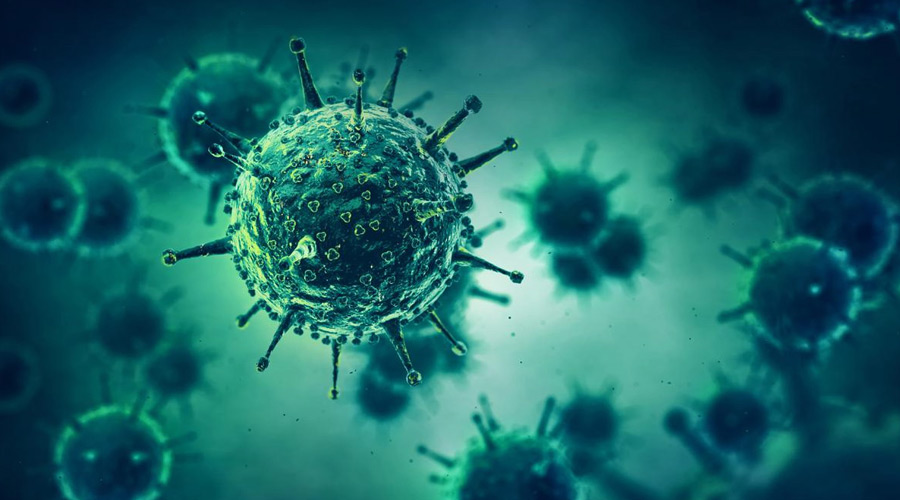
Infectious Diseases

Infectious Diseases
Infectious diseases are disorders caused by pathogenic microorganisms such as bacteria, viruses, fungi, parasites, and prions. These microorganisms can invade the body and disrupt normal bodily functions, leading to a wide range of symptoms and health problems. Infectious diseases can be transmitted from person to person, from animals to humans, or through exposure to contaminated food, water, or environmental surfaces.
Key points about infectious diseases include:
-
Modes of Transmission: Infectious diseases can spread through various modes of transmission, including person-to-person contact (e.g., respiratory droplets, sexual contact), ingestion of contaminated food or water, contact with infected animals or vectors (e.g., mosquitoes carrying malaria parasites), and exposure to contaminated environmental surfaces.
-
Types of Infectious Agents:
- Bacteria: Single-celled microorganisms that can cause illnesses such as tuberculosis, strep throat, and urinary tract infections.
- Viruses: Tiny particles that need a host cell to replicate and can cause diseases like the common cold, influenza, HIV/AIDS, and COVID-19.
- Fungi: Microscopic organisms responsible for fungal infections, such as athlete's foot and candidiasis.
- Parasites: Organisms that live on or inside a host, leading to diseases like malaria, schistosomiasis, and giardiasis.
- Prions: Abnormal proteins that can cause rare, neurodegenerative diseases like Creutzfeldt-Jakob disease.
-
Symptoms: The symptoms of infectious diseases can vary widely and may include fever, cough, fatigue, diarrhea, skin rashes, and more severe complications in some cases.
-
Prevention: Preventing infectious diseases often involves vaccination, good hygiene practices (e.g., handwashing), safe food and water handling, vector control (e.g., mosquito nets), and safe sexual practices. Antimicrobial drugs (e.g., antibiotics, antivirals) can be used to treat some infectious diseases.
-
Pandemics: Occasionally, infectious diseases can lead to pandemics, which are global outbreaks of a disease with widespread transmission and significant impact on public health and society. COVID-19 is an example of a pandemic caused by the SARS-CoV-2 virus.
-
Emerging and Reemerging Diseases: New infectious diseases can emerge, while previously controlled diseases can reemerge due to factors such as changes in the environment, human behavior, and microbial evolution. Examples include Ebola, Zika, and antibiotic-resistant bacteria.
-
Public Health Measures: Public health agencies and organizations play a crucial role in monitoring and controlling infectious diseases. They provide guidance, conduct surveillance, implement vaccination programs, and respond to outbreaks to protect public health.
It's important to stay informed about infectious diseases, follow recommended prevention measures, and seek medical attention if you suspect you have an infectious disease to prevent further spread and ensure appropriate treatment.